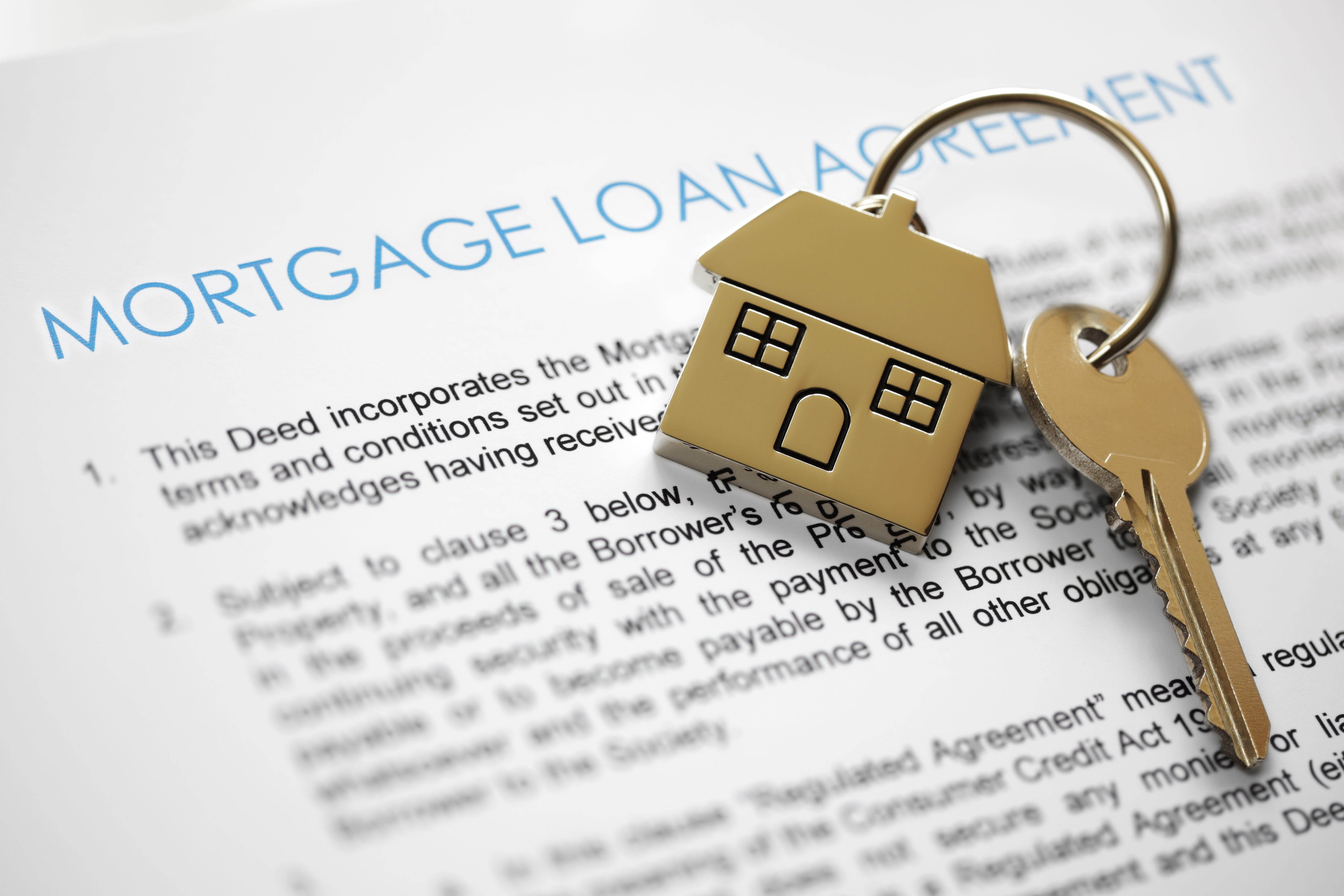While many borrowers choose a fixed-rate mortgage, some others consider its riskier counterpart, the adjustable-rate mortgage (ARM). This type of home loan has interest rates that adjust at a specific period. ARMs usually offer a lower rate than a typical 30-year fixed loan, but there is always the risk of the rates increasing after the initial term.
ARMs have an initial period, which has a fixed rate and monthly payments. But a trusted mortgage company in Portland warns that when this period ends, your rates will then adjust and you may pay more or less than your previous interest. The rate adjustments differ on the type of mortgages and loan offers have two numbers separated by a slash (/). A 3/1 ARM, for an instance, has the same rate for three years and then adjusts once a year after that.
Lower Payments and Potential Savings
An ARM is ideal if you’re planning to sell your home in the future. Some borrowers prefer this because of the lower initial rates and payments, which then give them extra money to pay for other necessities or make investments. This may not be possible with a 15-year fixed rate mortgage or another shorter-term fixed loan, which usually have higher monthly payments, as you are paying the loan faster.
The Risk of Higher Payments
If the market trend climbs sharply after you close an adjustable-rate mortgage, you may pay more when the adjustment period comes. Mortgage companies note that the only downside is that there are no guarantees on your monthly payments. This can never happen with a fixed-rate mortgage, as it has the same rate and monthly payment throughout the life of the loan.
The Upsides of Low Rates
If the rates drop, however, you can easily take advantage of them without refinancing your mortgage. You won’t have to pay new fees and closing cost, as you can simply watch rates and your payments decrease. This is impossible with fixed-rate mortgages, as you will have to go through a new application to benefit from the low rates.
If you’re considering an ARM, be sure to examine its pros and cons first. You might also want to talk to a reliable lender to know which type of loan best suits your situation.





